Davos-Klosters, Switzerland, January 18, 2023: Leading global technology company HCL Group has announced USD 1.9 million for 10 entrepreneurs to tackle global freshwater crisis.
The financial support from the HCL Group has come under Aquapreneur Innovation Initiative launched in collaborations with UpLink, the open innovation platform of the World Economic Forum, to support water-focused entrepreneurs and help them scale their innovation.
UpLink is the open innovation platform of the World Economic Forum, designed to unlock an “entrepreneur revolution” for people and planet by supporting start-ups with innovative solutions for the world’s most pressing issues, as outlined by the UN Sustainable Development Goals. Launched at the World Economic Forum Annual Meeting 2020 in Davos in partnership with Deloitte and Salesforce, UpLink builds bridges between entrepreneurs and the investors, experts and partners who can help scale their ventures.
The 10 start-ups are the winners of the Global Freshwater Innovation Challenge, the first of five challenges under HCL and UpLink’s Aquapreneur Innovation Initiative. Launched in September 2022, the challenge called for innovative solutions that would strengthen data-driven decision making, improve freshwater resilience in the face of climate change and restore water quality around the world. The 10 water-focused entrepreneurs, or “aquapreneurs”, were chosen from 227 solutions submitted to the challenge.
“We are delighted to announce the first beneficiaries of the Aquapreneur Innovation Initiative who have been selected after rigorous deliberation among a large panel of experts,” said Roshni Nadar Malhotra, Chairperson, HCLTech. “The availability of fresh water is rapidly changing worldwide, creating a tenuous future requiring attention from policy-makers, the private sector and the public alike. Having witnessed the efforts of aquapreneurs who are finding solutions to challenges around existing freshwater resources, I am positive that we are all moving in the right direction for the future of our planet. Many congratulations to the top 10 awardees.”
Through a USD 15 million investment over five years, HCL Group is supporting UpLink and the Forum’s Global Water Initiative to launch a series of innovation challenges and create an innovation ecosystem for the global freshwater sector on UpLink.
Olivier Schwab, Managing Director, World Economic Forum said that the innovations by these aquapreneurs are crucial to meet the increasing global demand for clean water and support the transition to a greener economy. “With water scarcity threatening countries all around the world, it’s essential to identify and empower the innovative start-ups that will help secure access to this precious resource, now and for future generations. The Aquapreneur Innovation Initiative, launched by UpLink and HCL, will connect these world-class innovators to the resources, expertise and vital funding they need to scale and drive truly transformational change,” he said.
Two of the 10 innovators were selected to present their solutions at the World Economic Forum Annual Meeting 2023 in Davos include US based Epic Cleantec and Argentina based Kilimo.
List of the 10 winners of Global Freshwater Innovation Challenge below:
- Epic Cleantec (US) – A water technology company leading the water reuse revolution in the urban built environment. Aaron Tartakovsky, CEO of Epic Cleantec, said: “With the combined challenges of ageing infrastructure, growing urban populations and a rapidly changing climate, the conventional approach to how we manage water is no longer sustainable. Epic is on a mission to ensure that our cities are water-secure for generations to come.” Epic aims to use its next-generation technologies to drive circularity in water use and to work with policy-makers to reshape the water infrastructure in cities.
- Kilimo (Argentina) – It uses big data and machine learning to verify, improve, and offset water usage in agriculture. Tatiana Malvasio, Co-Founder and Chief Operating Officer, said: “As founders from Latin America, we have first-hand experience with the tension between agriculture and water stress in our region. In response to this challenge, we set out to create a product that could help farmers reduce their water usage and be more efficient in their irrigation practices.” Kilimo uses artificial intelligence to help farmers optimize irrigation and then be compensated for their participation in water stewardship initiatives.
- bNovate Technologies (Switzerland) – An automatic, remote biosensor to monitor and detect bacterial concentration in water supplies
- Indra Water (India) – Electrically driven, decentralized wastewater treatment solution with no added chemicals in its primary treatment
- Majik Water Technologies (Kenya) – An atmospheric water generator system that uses proven condensation-based techniques to capture water moisture from the air
- NatureDots Private Limited: AquaNurch (India) – Derisking fisheries and water managers from ecological stressors, enabling remote-control and real-time monitoring of aqua-farms
- Oneka Technologies (Canada) – A wave-powered desalination solution to produce drinking water using renewable energy created through waves
- Openversum (Switzerland) – A locally assembled and managed membrane filter that removes pathogen heavy metals from water
- RainGrid Inc. (Canada) – Building community-scale, property-based, digital networks for net-zero residential property rainfall runoff while generating verifiable ecosystem credits
- Wateroam Pte Ltd (Singapore) – Production of safe, speedy and high-quality drinking water without electricity
According to international experts, access to water plays a critical role in food production, education, job creation, health and well-being and the preservation of the natural world and is vital to achieving the UN’s 2030 sustainability agenda. However, global demand for water will exceed sustainable supply by 40% by 2030, with huge implications for the global economy and society.





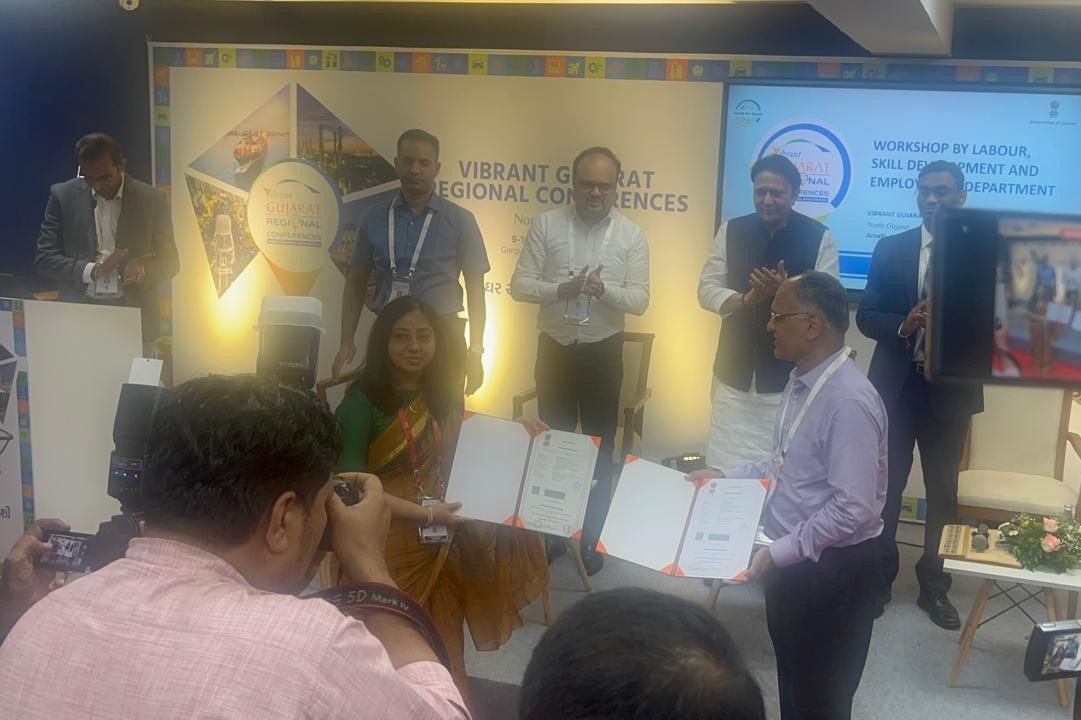
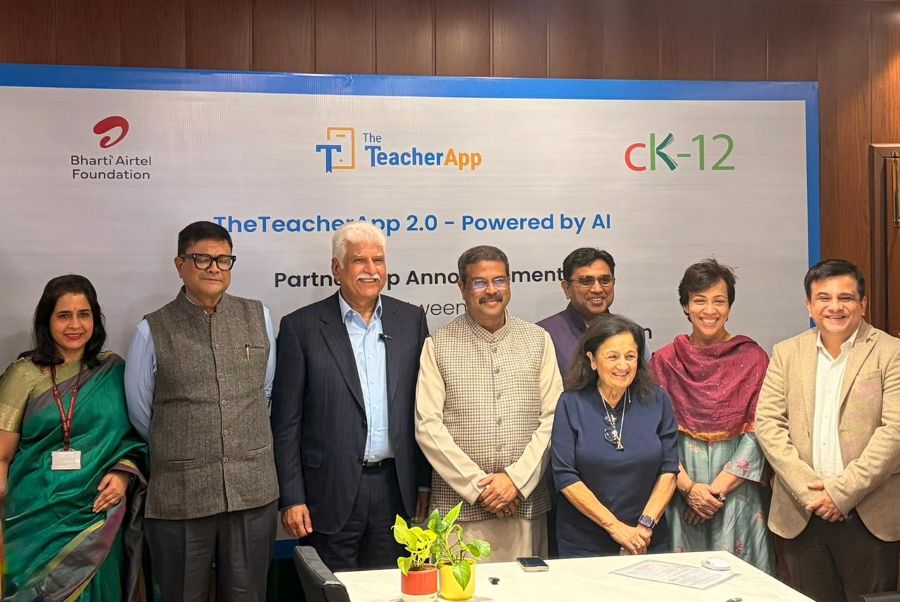


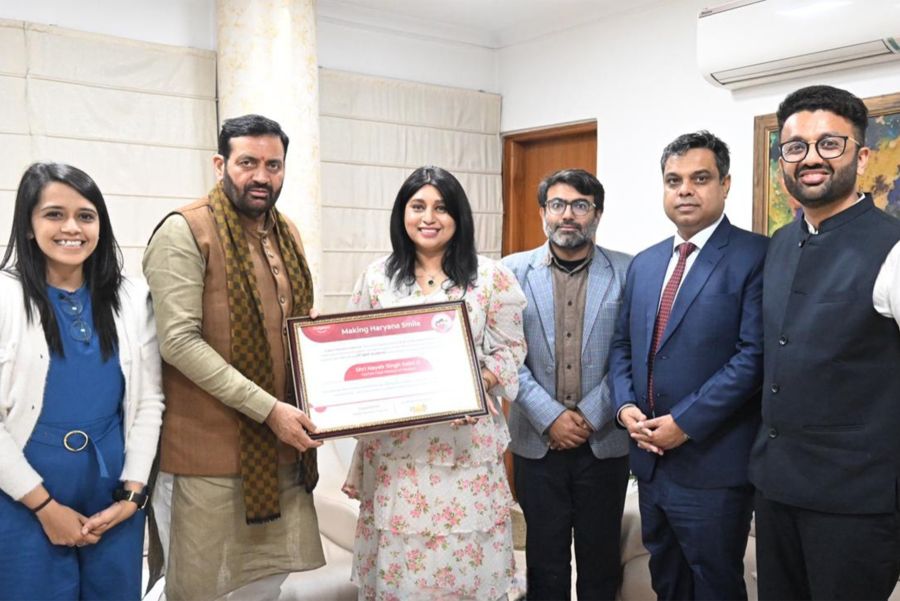
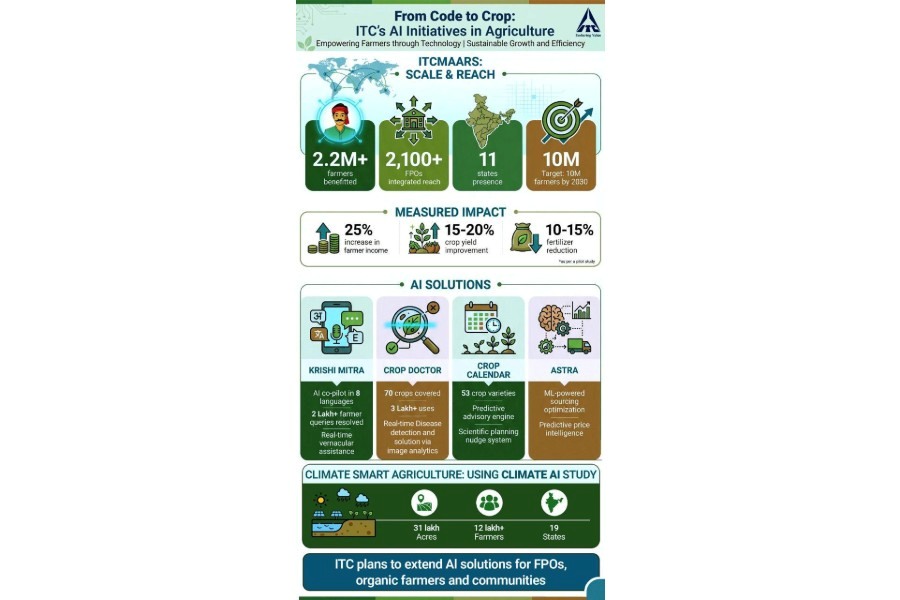
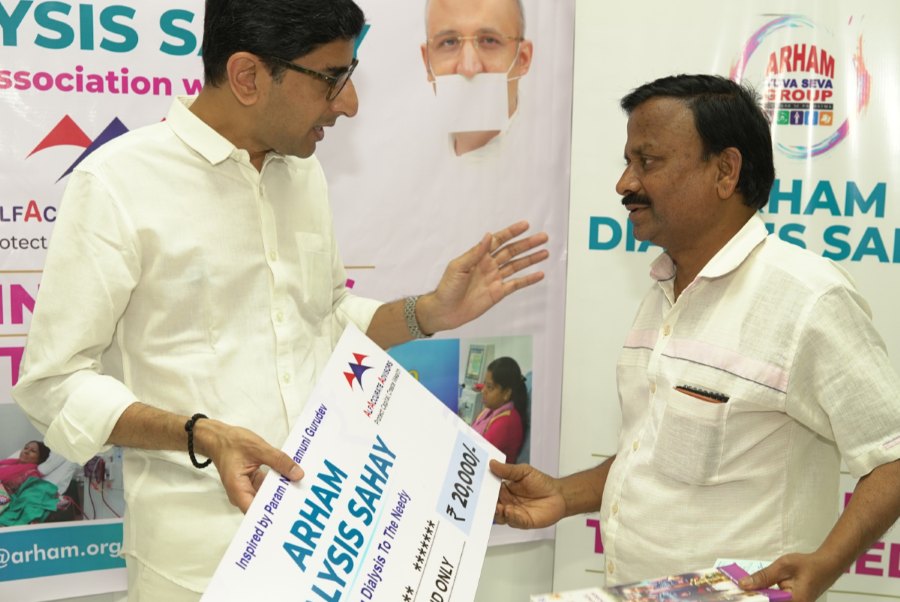
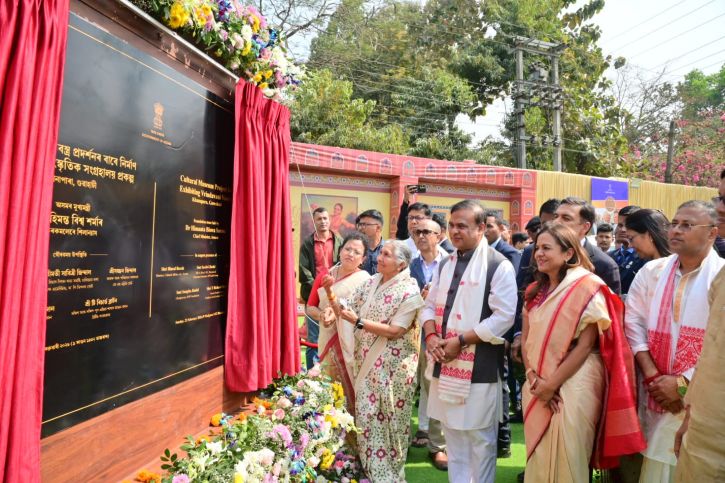
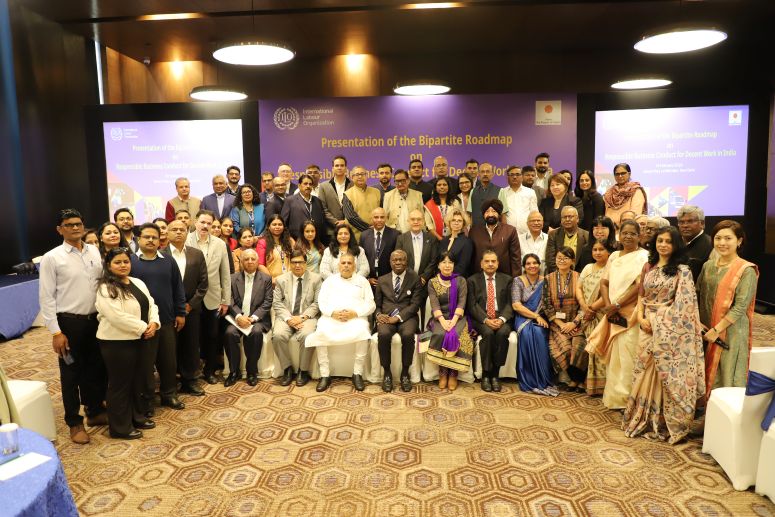







.jpg)



